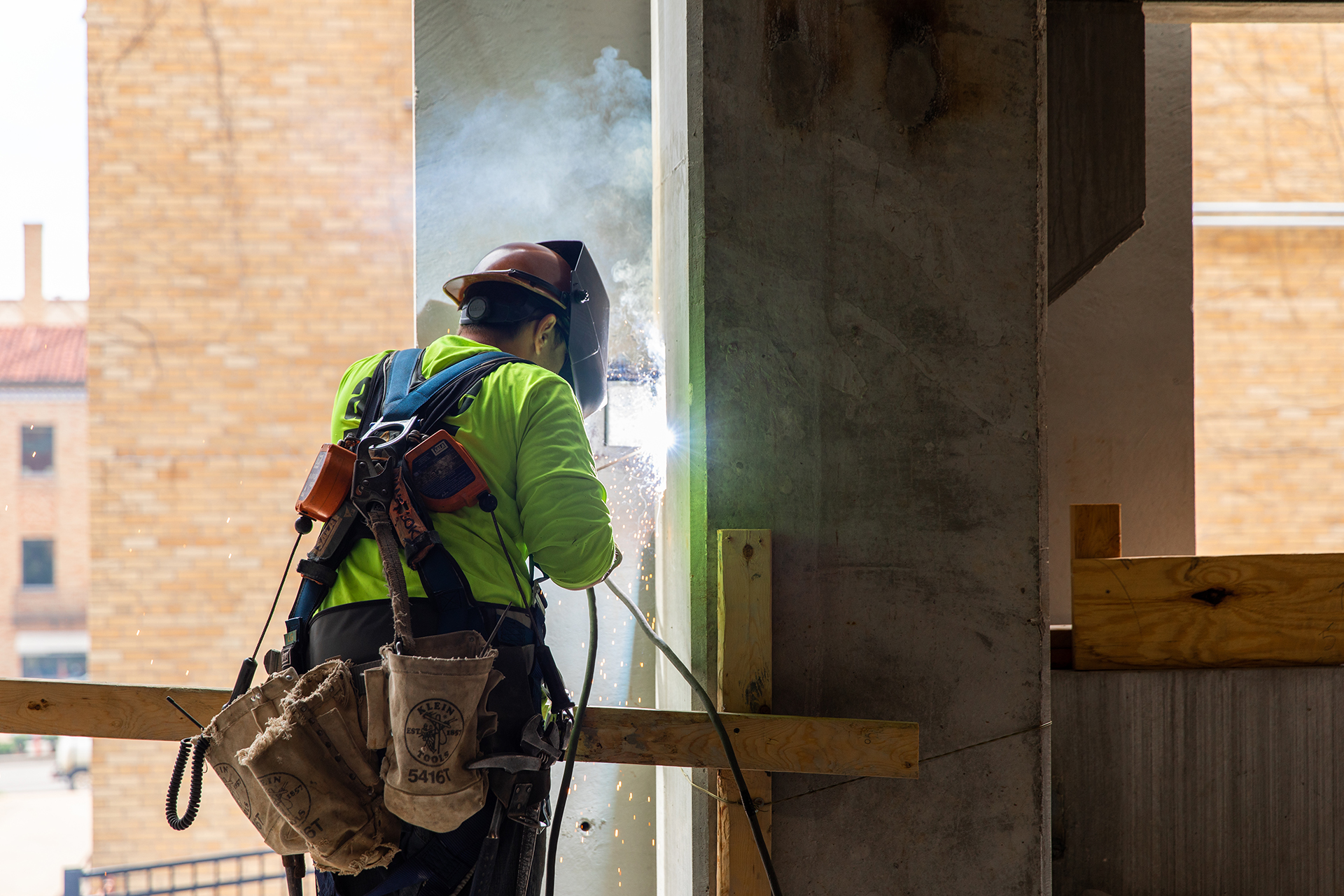In the construction industry, delivering high-quality structures is paramount. Whether it’s a residential building, commercial complex, or infrastructure project, the longevity and safety of the structure rely heavily on effective quality control measures.
Quality control in construction ensures that the materials, workmanship, and processes meet established standards, resulting in durable, safe, and reliable structures.
It’s not hard to see how all of those areas are important from a legal perspective. If quality control fails in any of those areas, it could lead to serious disaster, including injury or the loss of life, and kick off a serious legal situation for all involved.
In this blog post, we will delve into the significance of quality control in construction and explore how it contributes to the creation of long-lasting buildings that avoid legal issues.
Understanding the Importance of Quality Control
Quality control plays an important role in all aspects of construction. Keep reading to learn about a few key areas:
Ensuring Structural Integrity
Quality control plays a vital role in ensuring the structural integrity of buildings. By adhering to rigorous quality control procedures, construction professionals can identify and address any potential defects or deficiencies in the design, materials, or construction process.
This helps prevent structural failures and ensures that the building can withstand environmental factors, such as wind, seismic activity, or heavy loads, over its intended lifespan.
For example, if you’re building a new high rise building in the Phoenix, Arizona area, there are going to be specific demands that the environment puts on the building. You’re building in a very hot, and very dry desert environment. Working with local experts will be crucial to understand the environment. However, you also want to engage expertise that have vast knowledge and experience with big projects, which means you might need a company with a global presence.
Finding the balance can be difficult. Perhaps working with a company like Intertek PSI in Arizona will help you strike that balance and stay out of legal trouble.
Enhancing Safety Standards
Quality control measures contribute significantly to enhancing safety standards in construction projects. Through meticulous inspections, testing, and adherence to safety regulations, potential hazards and risks can be identified and mitigated before they pose a threat to workers or future occupants. Proper quality control measures help create a safe environment during construction and provide long-term safety for occupants.
Avoiding Costly Repairs and Maintenance
Investing in quality control during the construction phase can lead to substantial long-term savings. By identifying and rectifying any defects or issues early on, construction professionals can prevent the need for costly repairs or extensive maintenance in the future. This not only saves money but also minimizes disruptions and inconvenience for building owners and occupants.
Implementing Effective Quality Control Measures
Now that you have a better understanding of why quality control is important, here are some ways you can implement effective quality control:
Stringent Material Selection and Testing
One of the key aspects of quality control is the careful selection and testing of construction materials. Working with reputable suppliers and conducting thorough material testing helps ensure that the materials used meet the required standards and specifications. This includes evaluating factors such as strength, durability, fire resistance, and environmental sustainability.
Robust Inspection and Testing Protocols
Quality control requires a comprehensive inspection and testing regime throughout the construction process. This includes regular site inspections, structural assessments, and quality checks at critical milestones. Specialized testing, such as non-destructive testing or soil analysis, can help identify potential issues that are not visible to the naked eye. By incorporating these protocols, construction professionals can catch problems early and take corrective actions promptly.
Skilled Workforce and Training
Quality control is greatly influenced by the expertise and skills of the workforce involved in construction projects. Employing trained and knowledgeable professionals who understand the importance of quality control fosters a culture of excellence. Providing ongoing training and opportunities to improve skills for the workforce ensures that they stay updated on the latest techniques, best practices, and safety regulations.
Continuous Monitoring and Documentation
Quality control is an ongoing process that requires continuous monitoring and documentation. By maintaining detailed records of inspections, tests, and compliance, construction professionals can track progress, identify trends, and implement necessary improvements. This documentation also serves as valuable reference material for future maintenance and renovations, ensuring the long-term integrity of the structure.
Achieve Long-Lasting Structures with Quality Control
Quality control is a critical component of construction that should never be overlooked or compromised. By prioritizing quality control measures, construction professionals can create structures that are not only aesthetically pleasing but also safe, durable, and long-lasting. Implementing robust quality control protocols, investing in skilled professionals, and using high-quality materials are all essential for ensuring that construction projects stand the test of time. Remember, quality control is not just about building structures—it’s about building trust, reputation, and a sustainable future.




